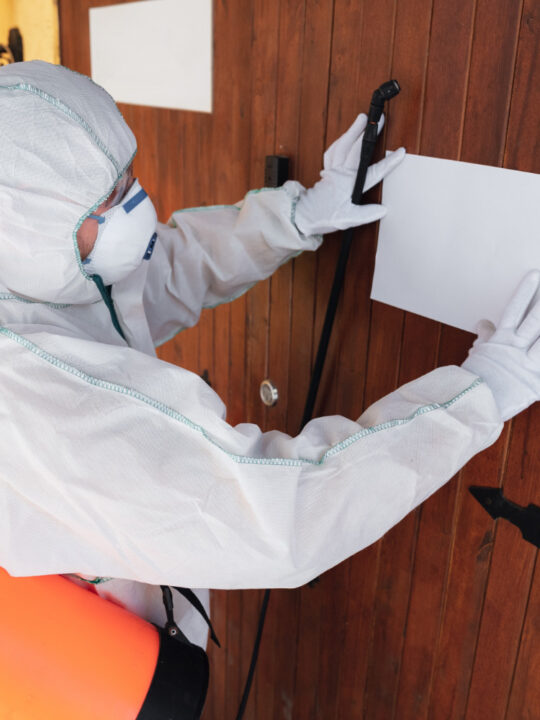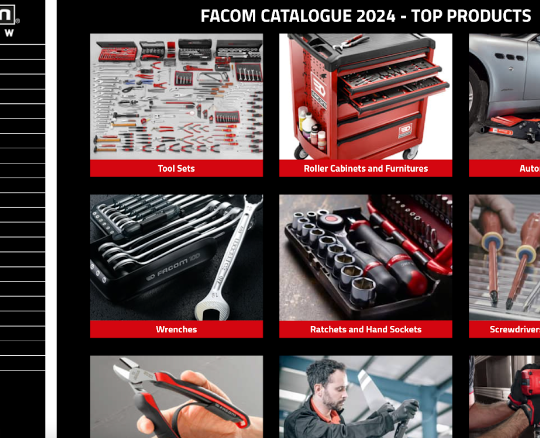 Air conditioning systems are essential for maintaining comfort in our homes, especially during the sweltering summer months. However, neglecting routine maintenance can turn this comfort into a costly headache when unexpected breakdowns occur. By staying proactive, homeowners can prevent major issues, reduce energy costs, and extend the lifespan of their AC units. In this blog, we’ll explore key AC maintenance strategies that can help you avoid those pricey repairs.
Air conditioning systems are essential for maintaining comfort in our homes, especially during the sweltering summer months. However, neglecting routine maintenance can turn this comfort into a costly headache when unexpected breakdowns occur. By staying proactive, homeowners can prevent major issues, reduce energy costs, and extend the lifespan of their AC units. In this blog, we’ll explore key AC maintenance strategies that can help you avoid those pricey repairs.
Table of Contents
- 1 1. Understanding the Basics of AC Maintenance
- 2 2. Regular Filter Replacement: The Easiest Way to Prevent Damage
- 3 3. Cleaning the AC Unit: A Simple Task with Big Benefits
- 4 4. Monitoring the Thermostat and System Performance
- 5 5. Scheduling Professional Inspections and Tune-Ups
- 6 6. Proactive Maintenance Saves Time and Money
1. Understanding the Basics of AC Maintenance
As explained by Kyzar Air Conditioning, your air conditioning system works hard to keep your home cool, but it’s easy to forget that regular upkeep is necessary to ensure it runs efficiently. The first step in proactive maintenance is understanding how your AC operates and identifying the common causes of breakdowns. Most AC systems have two main components: the condenser, typically located outside, and the evaporator, which is often inside the house. These parts work together to absorb heat and release cool air, but they are vulnerable to issues like dirt buildup, refrigerant leaks, and electrical problems.
By learning the basic mechanics of your AC system, you can better recognize early signs of trouble. When dirt accumulates on the condenser or evaporator coils, it forces the system to work harder, leading to higher energy bills and increased wear and tear. Similarly, refrigerant leaks can reduce the system’s cooling efficiency and potentially cause long-term damage if not addressed quickly. Taking the time to familiarize yourself with these components can help you act swiftly when things seem off.
2. Regular Filter Replacement: The Easiest Way to Prevent Damage
One of the simplest yet most effective ways to maintain your AC system is by regularly changing the air filter. Filters are designed to trap dust, pollen, and other airborne particles, ensuring the air circulating through your home is clean. Over time, however, these filters become clogged, reducing airflow and forcing the AC to work harder. This not only shortens the lifespan of your system but also increases the likelihood of costly repairs.
To prevent this, make it a habit to check and replace your filter every 30 to 90 days, depending on factors like the number of pets in your home, allergy concerns, or frequent dust accumulation. If you have a larger household or live in an area with high pollen counts, more frequent replacements may be necessary. A clean filter not only improves airflow but also enhances indoor air quality, which is crucial for maintaining a healthy living environment.
3. Cleaning the AC Unit: A Simple Task with Big Benefits
Another critical aspect of AC maintenance is keeping the exterior unit clean. The condenser, located outside, is particularly vulnerable to dirt, leaves, and debris that can block airflow and cause the system to overheat. If the condenser coils are coated in grime, your AC unit will struggle to cool your home efficiently, leading to unnecessary strain on the system.
Fortunately, cleaning the condenser is a relatively simple task. Start by turning off the power to the unit, then use a garden hose to gently rinse off the debris from the fins and coils. Be sure to avoid using high-pressure water, as this can damage the delicate fins. For a deeper clean, consider hiring a professional technician to inspect and clean the interior components of the system as well. A well-maintained AC unit not only performs better but also lasts longer, saving you from expensive repairs down the road.
4. Monitoring the Thermostat and System Performance
While cleaning and filter changes are vital, monitoring your thermostat and the overall performance of your AC is just as important. The thermostat is the brain of your cooling system, controlling when the AC runs and for how long. If your thermostat isn’t working properly, your system may cycle on and off too frequently or run for too long, both of which can lead to increased energy consumption and system wear.
Installing a programmable or smart thermostat can significantly improve the efficiency of your AC system. With a programmable thermostat, you can set your cooling schedule based on your daily routine, reducing the strain on the system during times when no one is home. Smart thermostats offer even more control, allowing you to adjust settings remotely and receive alerts when your system isn’t performing optimally. Keeping an eye on performance metrics like airflow and cooling consistency can also help you spot potential issues before they escalate into major repairs.
5. Scheduling Professional Inspections and Tune-Ups
While many AC maintenance tasks can be handled by homeowners, some should be left to professionals. Scheduling an annual AC inspection and tune-up is crucial to ensuring that your system operates efficiently. During a professional tune-up, a technician will inspect and clean the various components of your system, check refrigerant levels, and look for any signs of wear or potential problems. Addressing these issues early can prevent them from turning into more significant, costly repairs.
A professional tune-up can also provide peace of mind, as technicians are trained to catch things that the average homeowner may overlook. For instance, they can check electrical connections, test system controls, and ensure that the thermostat is calibrated correctly. Investing in a yearly inspection can save you money in the long run by preventing unexpected breakdowns and keeping your AC running smoothly throughout the year.
6. Proactive Maintenance Saves Time and Money
In conclusion, proactive AC maintenance is essential for avoiding costly repairs, improving energy efficiency, and extending the life of your system. By understanding how your AC works and staying on top of simple tasks like changing the filter, cleaning the unit, and monitoring system performance, you can prevent major issues before they arise. Scheduling regular professional inspections and tune-ups further ensures that your system stays in optimal condition.
With a little effort and attention, you can keep your AC unit running smoothly all year long, reducing the likelihood of breakdowns and keeping your home comfortable. Remember, a well-maintained AC system not only saves you money on repairs but also helps lower your energy bills and improves indoor air quality. Don’t wait for a breakdown to take action—start implementing these proactive strategies today to enjoy the benefits of a reliable, efficient air conditioning system.







